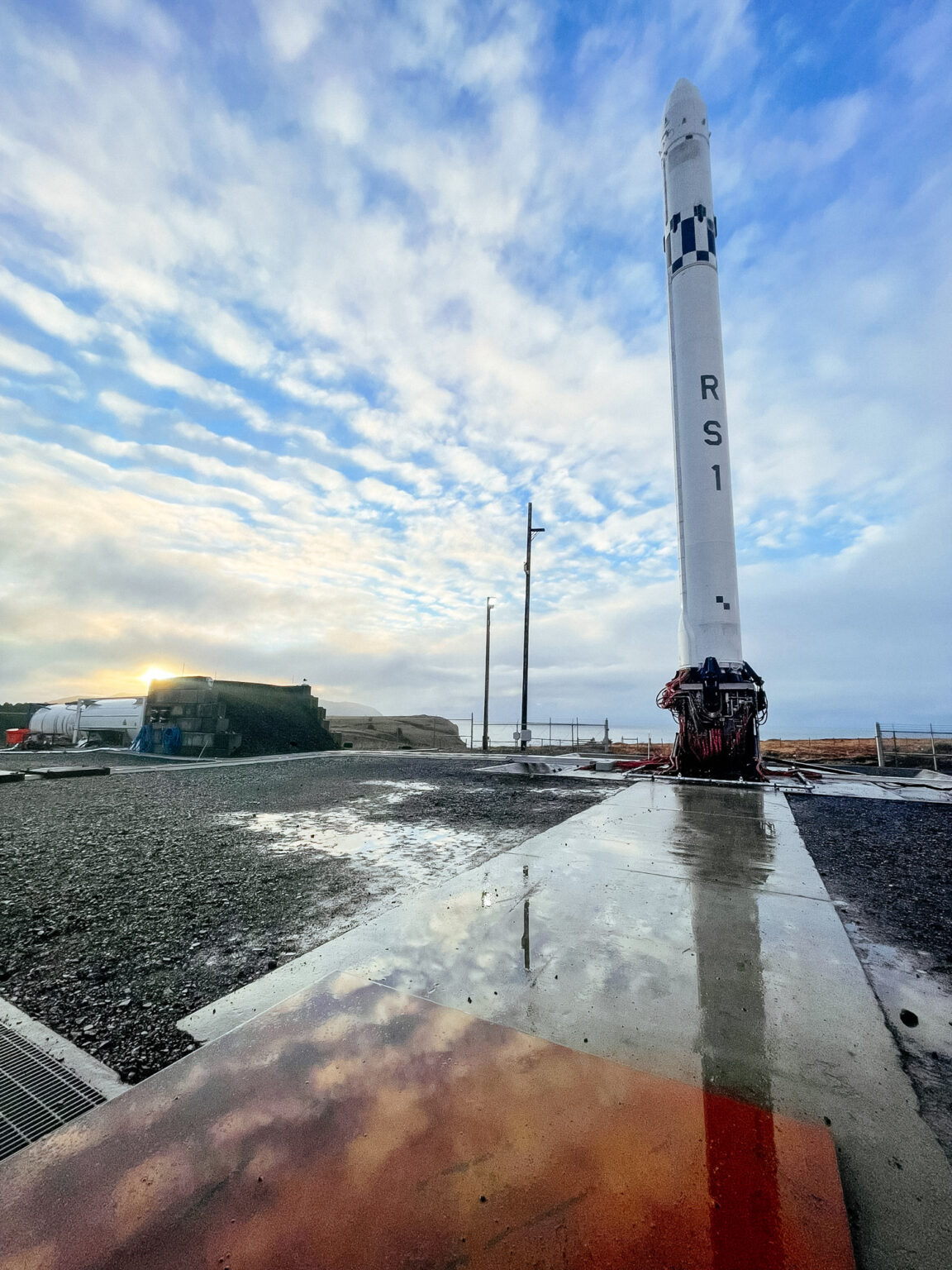On January 10, ABL Space Systems made its first attempt to launch a small RS1 carrier. It ended in failure. The rocket failed to reach orbit.
ABL Space Systems History
ABL Space was founded in 2017 by former SpaceX and Morgan Stanley employees with the aim of creating an affordable small carrier designed to launch cargo into near-Earth orbit. The company made a stake on the RS1 rocket. It has a two-stage design and uses kerosene as fuel and liquid oxygen as an oxidizer. Nine E2 engines are installed on the first stage, which are the company’s own development. The second stage is equipped with one power unit. RS1 can carry up to 1,350 kg of cargo into low orbits at an estimated cost of USD 12 million per launch.

Initially, ABL Space promised to carry out the first launch of RS1 in 2021. But since then it has been postponed several times. The reason for this was both the consequences of the COVID-19 pandemic and technical problems. For example, in January 2022, the second stage of RS1 exploded during burning at the test site. Nevertheless, the company already managed to carry out burning tests of the rocket components, which allowed it to move on to the next stage in the form of an orbital launch.
Failed RS1 launch
RS1 was launched on January 10, 2023, from the launch complex on Kodiak Island (Alaska). There was a pair of OmniTeq CubeSats on board. The company did not broadcast the event live and initially limited itself to a stingy message on social networks about the anomaly that led to the premature termination of the flight. The company later reported that shortly after the launch, all the engines on the first stage of RS1 shut down, as a result of which it fell back to the launch pad and exploded. This led to damage to the launch complex. The exact scale of the damage is still being determined.
We are chomping at the bit for Flight 2. More to come. pic.twitter.com/Gm7DyELq6C
— ABL (@ablspacesystems) January 11, 2023
It is worth remembering that in November – December 2022, ABL Space took RS1 to the launch pad several times for the purpose of launching. But each time it was canceled due to problems and failures identified during the pre-launch countdown.
It is also worth saying that the RS1 accident occurred just 24 hours after the failure that befell another commercial carrier. We are talking about the Virgin Orbit LauncherOne rocket, which failed to reach orbit due to a malfunction at the second stage operation site.
According to https://spacenews.com
Follow us on Twitter to get the most interesting space news in time
https://twitter.com/ust_magazine

